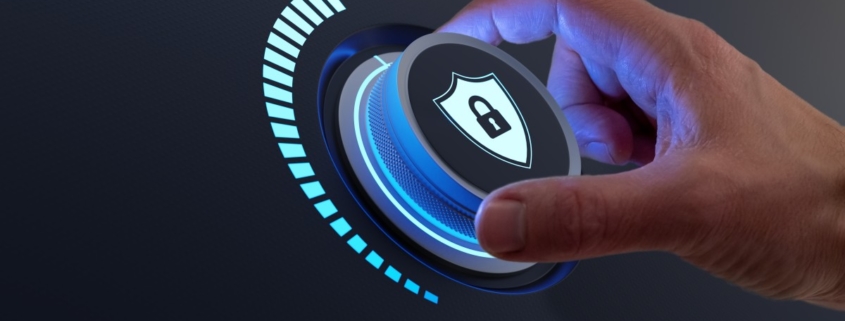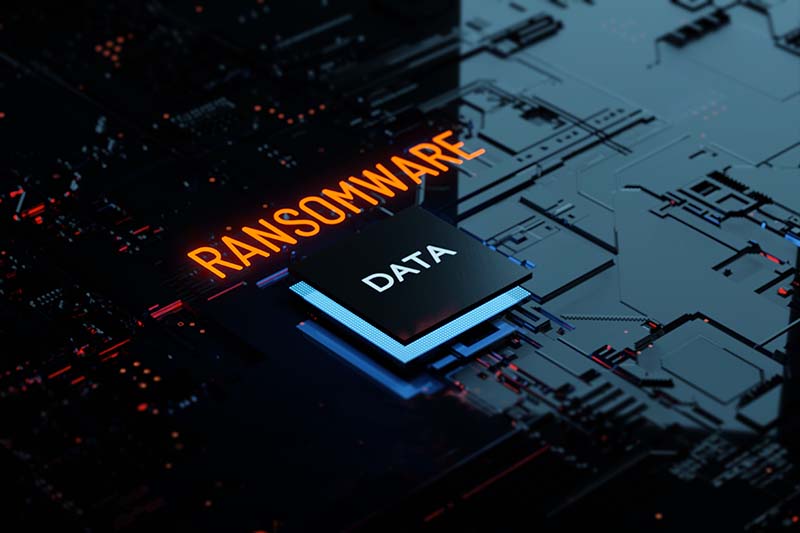What is a VPN? What virtual private networks do & who needs them | The Daily Courier
Fast Facts
A VPN can disguise your computer’s digital address, helping to keep you safer online.
VPNs allow users to avoid targeted ads and bypass regional content restrictions.
Free VPNs exist, but paid options may provide better privacy.
There are plenty of benefits to having a virtual private network (VPN), even if you’ve never heard of one. It’s an additional layer of encryption that helps hide some of your data from prying eyes.
Digital security has never been more important than it is in this modern era. Plus, if you’ve ever wondered what it’s like to watch Netflix on the other side of the world, a VPN can help you do that, too.
What is a VPN in simple terms?
VPN stands for a “virtual private network.” In a nutshell, it creates a third-party between you and the websites you want to access.
A well-chosen VPN essentially scrambles some of your data — including your geographic location — making it harder for third parties like internet service providers (ISPs) or websites to collect it.
VPNs can also help you get past website blocks and censorship. For those in the U.S., demand for these nifty little gadgets has started to creep upward as multiple states have enacted ID verification laws for users wishing to access adult entertainment.
Related: Popular adult film star explains why she thinks Utah’s new age verification law won’t work
How does a VPN work? Virtual private networks for beginners
Internet service providers have access to mountains of personal data, which is used to, among many other things, sell you personalized ads. Our internet data is stored by these providers, and hackers can gain access to that data. In some parts of the world, including U.S. states, some content is censored — a VPN can also help you clear those kinds of digital hurdles.
A VPN works to encrypt your data, basically scrambling it all up in such a way that makes it harder to trace. More technically, it masks what’s called your internet protocol (IP) address.
If the internet were the city you lived in, your IP address would be your computer’s home address. If you can see the benefit of getting a post office box, then you might want to consider a reputable VPN…


